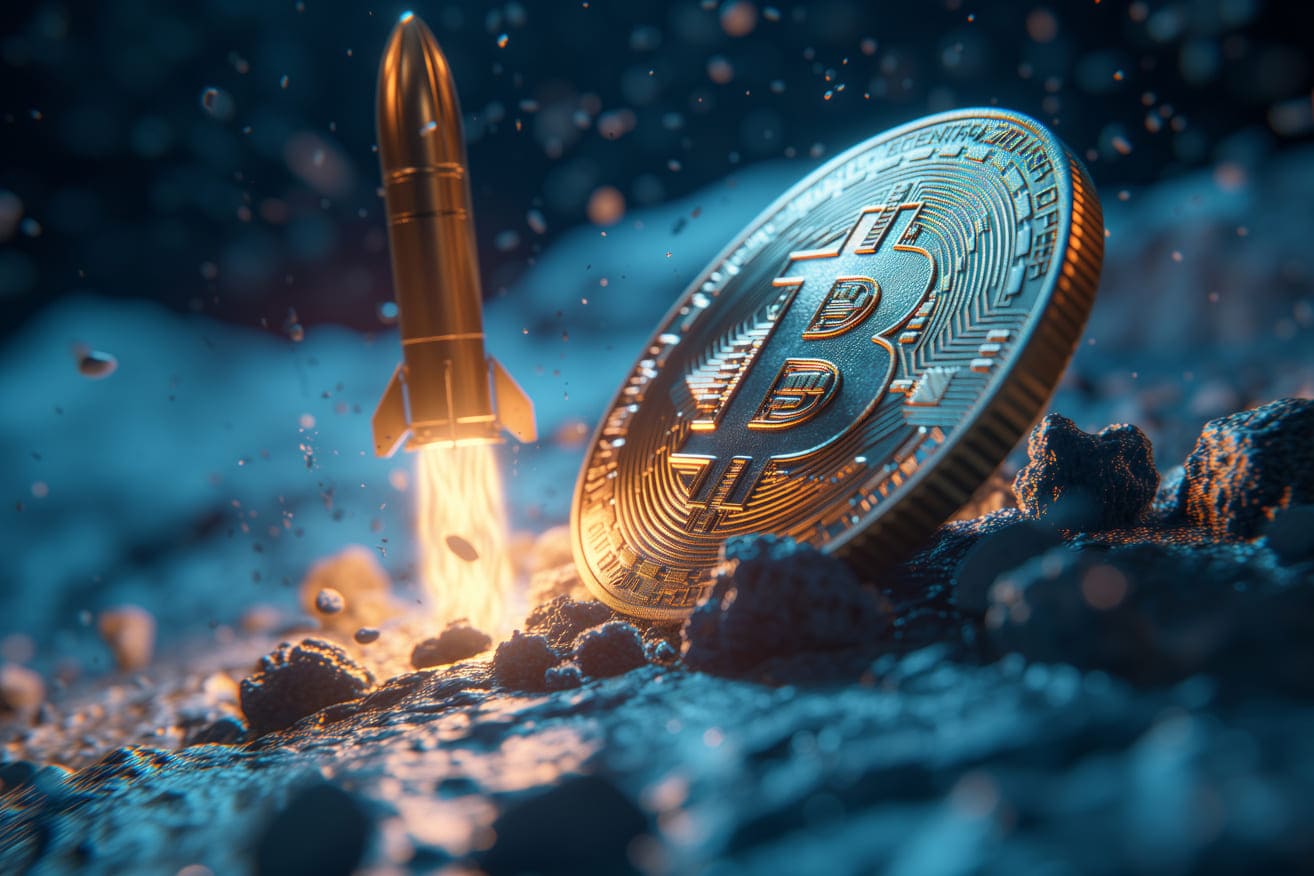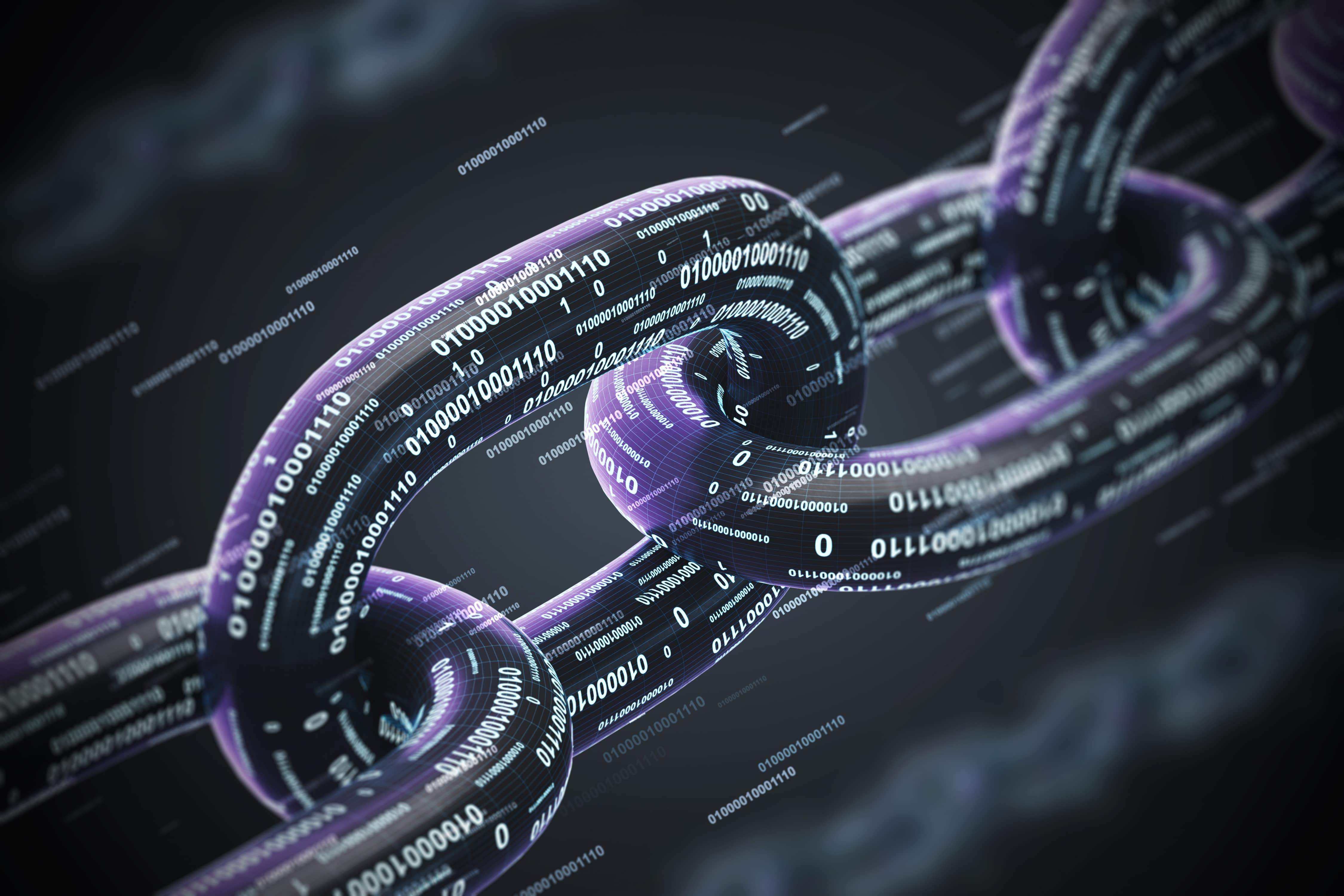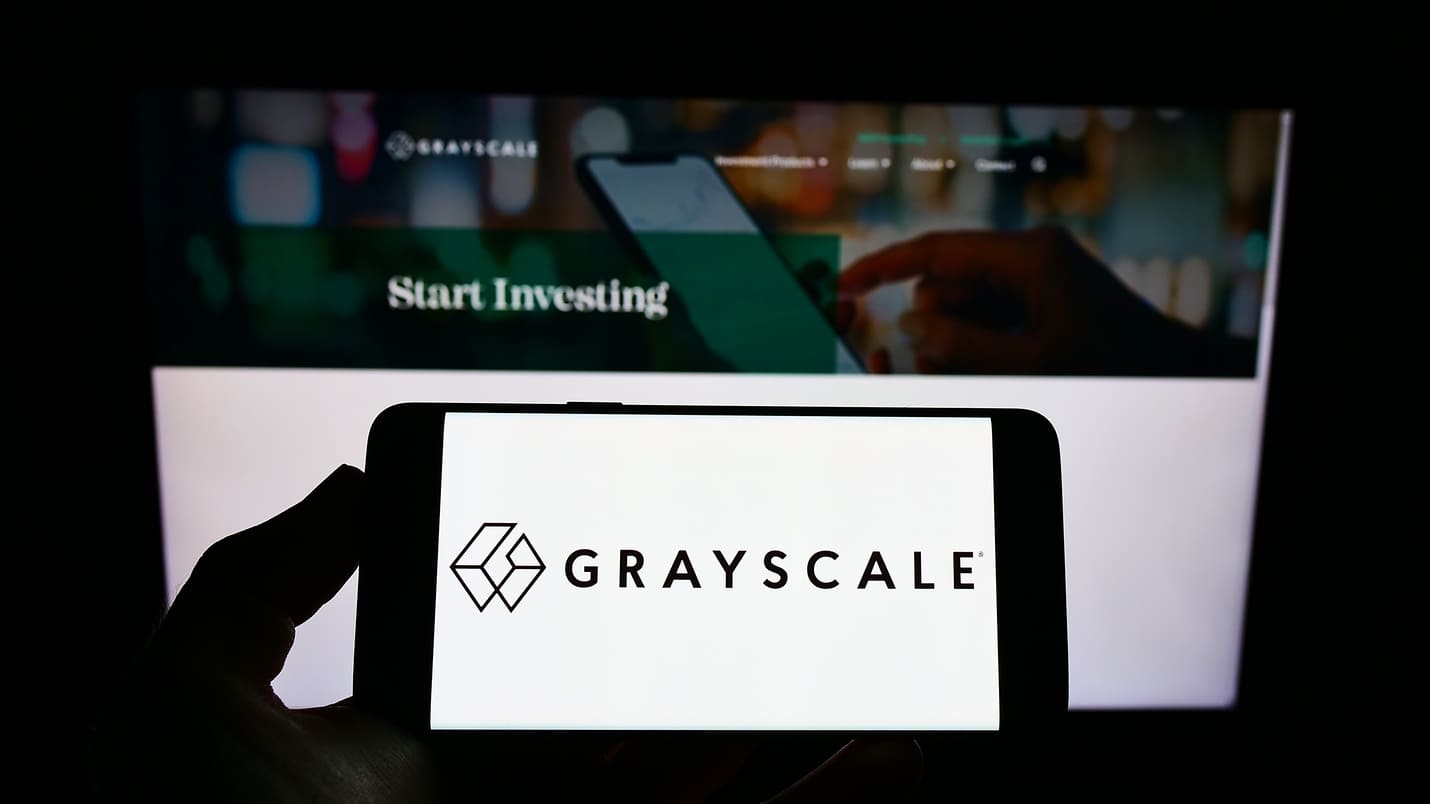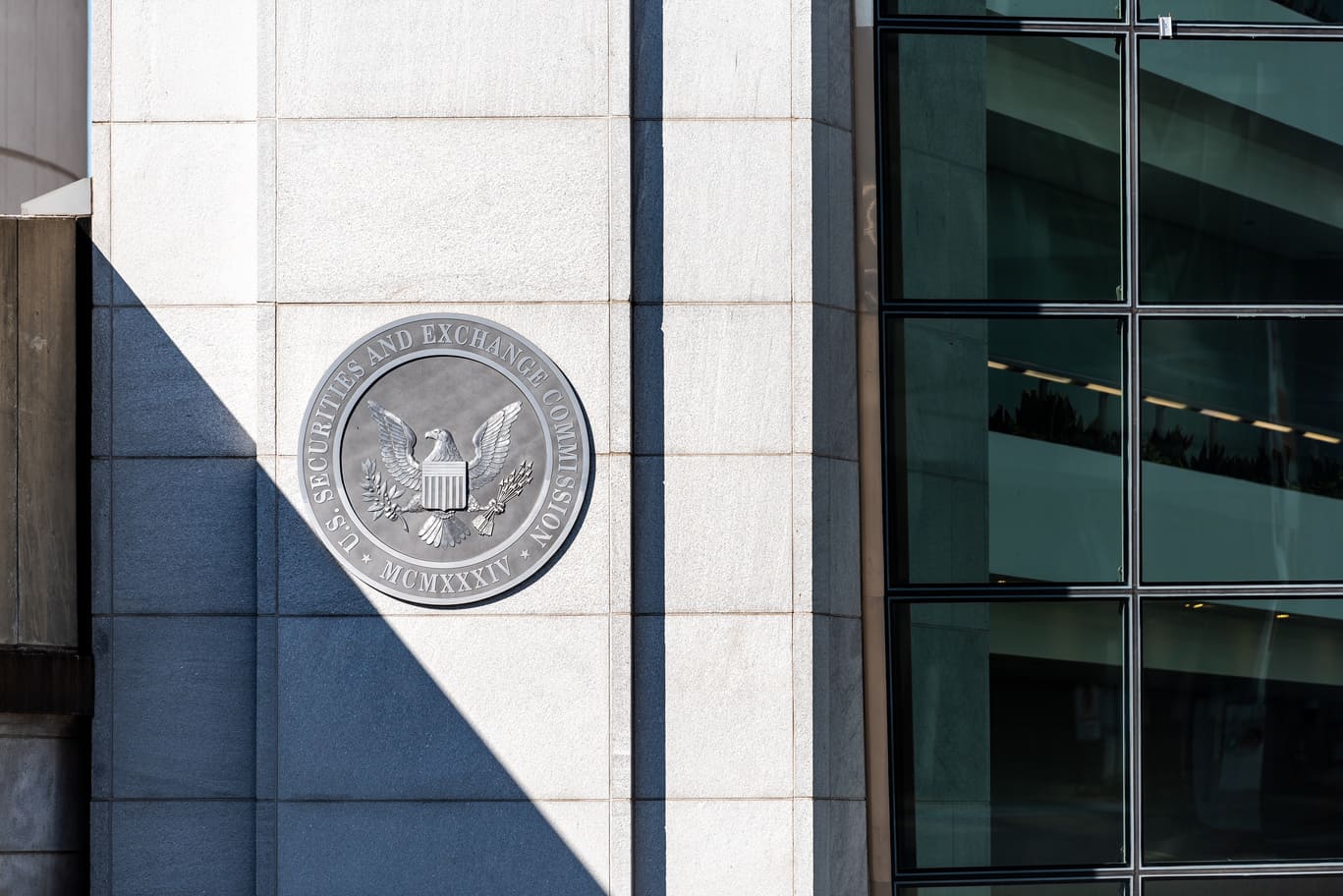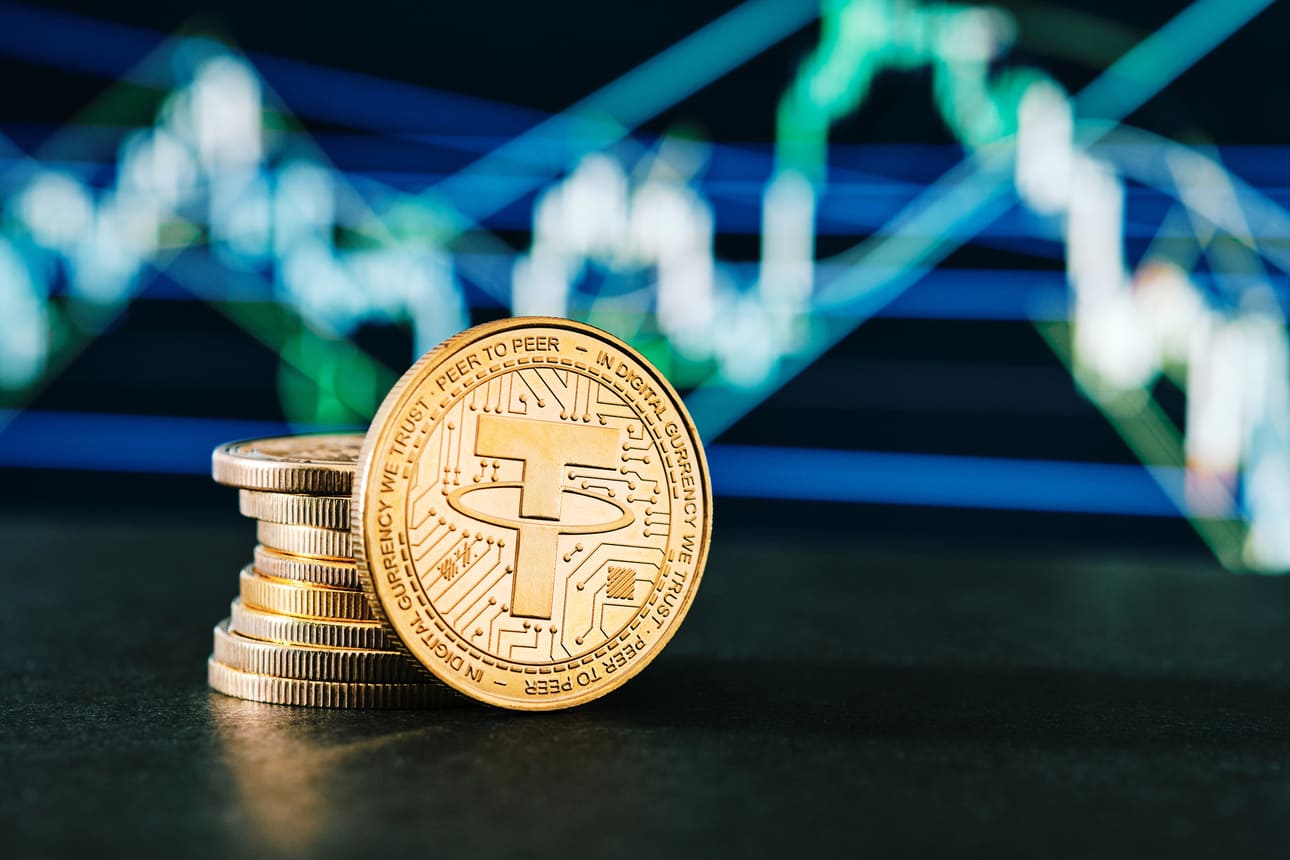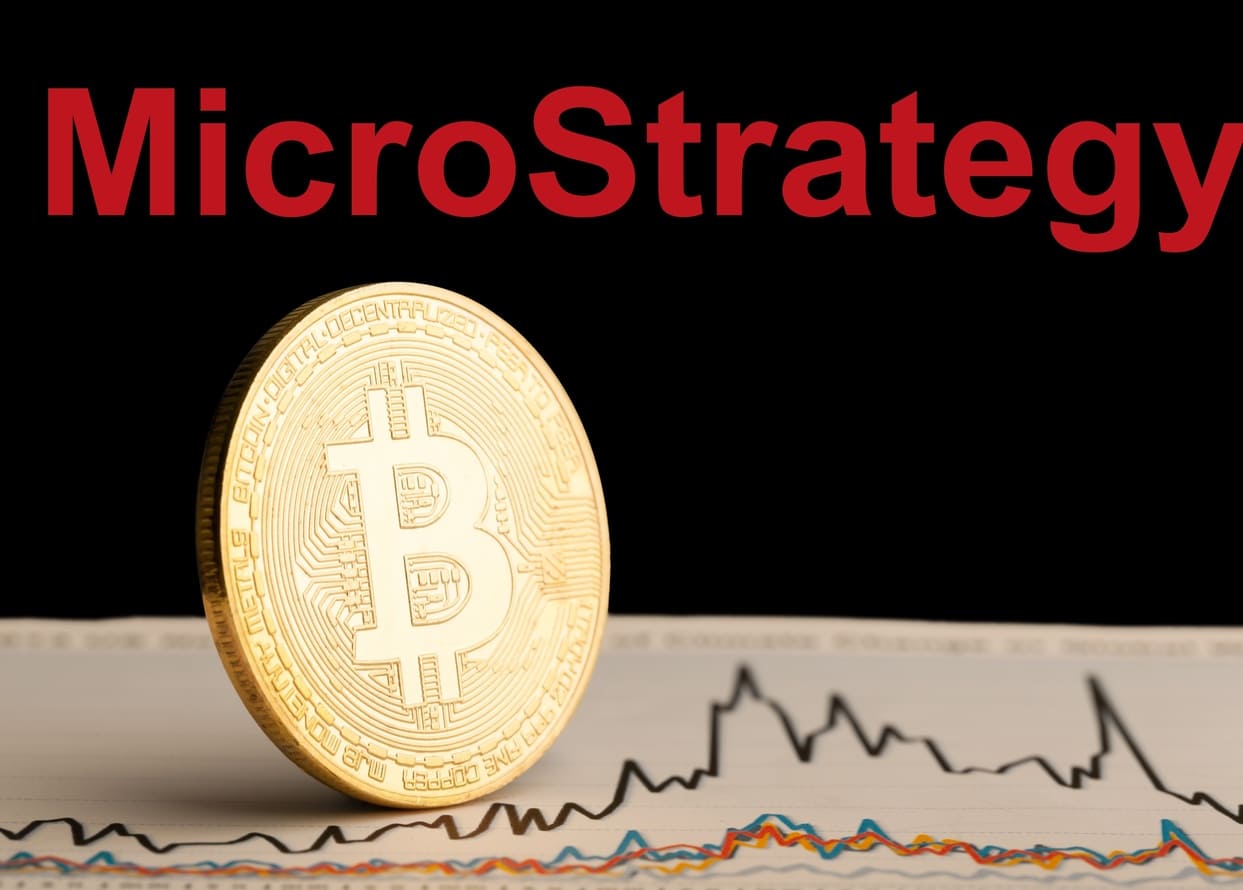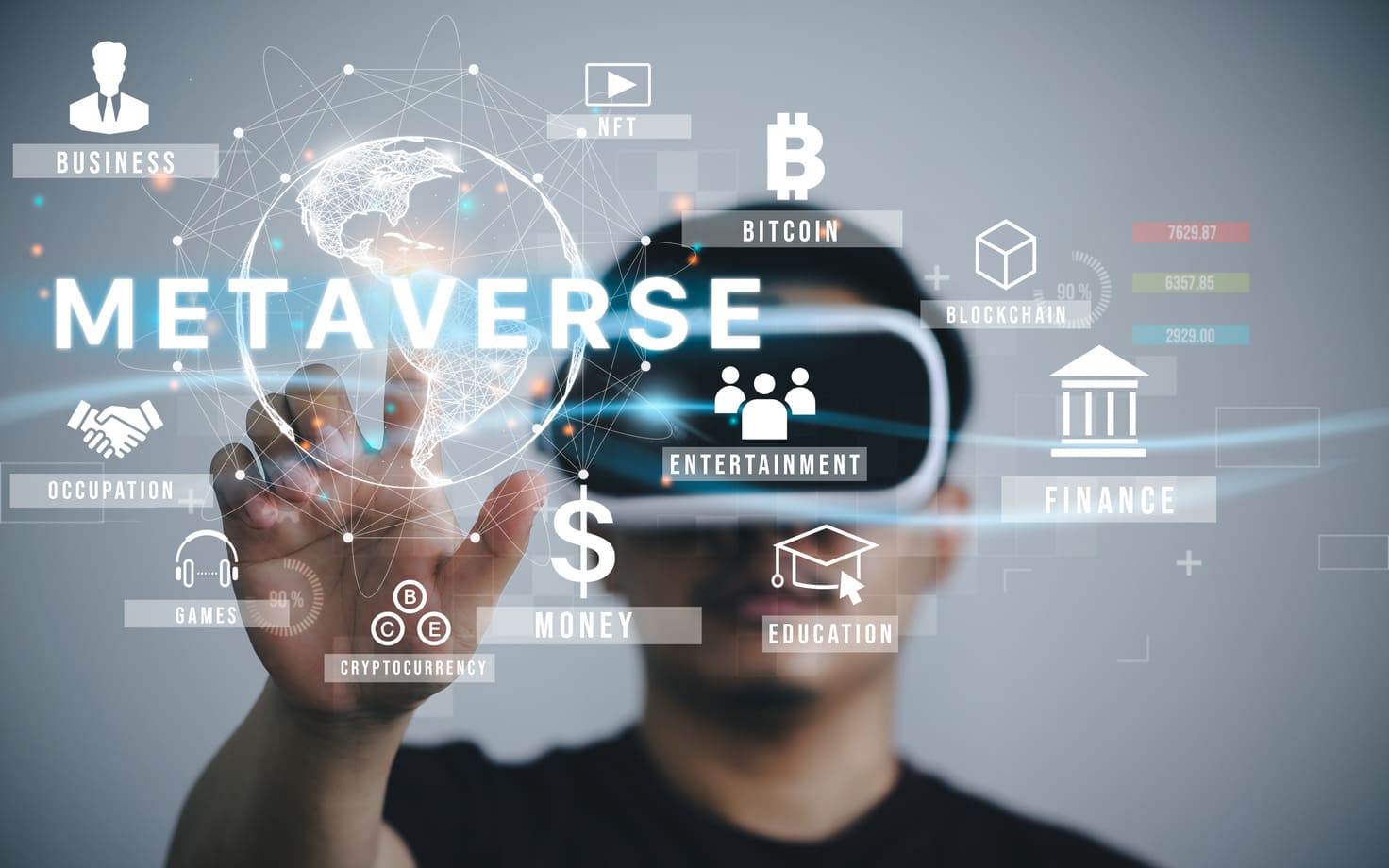
Metaverse Economy to grow between $8-13 trillion by 2030
Bank giant Citigroup predict the next generation of the internet to become a 5 billion users ecosystem.
The total addressable market for the Metaverse economy could grow to between $8 trillion and $13 trillion by 2030 according to a new report released by multinational investment bank giant Citigroup.
In the report titled “Metaverse and Money: Decrypting the future”, Citi predict that “the Metaverse is moving towards becoming the next iteration of the internet, or Web3. This ‘Open Metaverse’ would be community-owned, community-governed, and a freely interoperable version that ensures privacy by design. Users should increasingly be able to access a host of use cases, including commerce, art, media, advertising, healthcare, and social collaboration. A deviceagnostic Metaverse would be accessible via personal computers, game consoles, and smartphones, resulting in a large ecosystem” that could be a multi-trillion dollar market. “We estimate the target addressable market (TAM) for the Metaverse economy could be in the range of $8 trillion to $13 trillion” with “a potential range of users of up to five billion.”
Citi claimed that the new ecosystem would encompass more digitally-native tokens, but also embed traditional forms of money. “Money in the Metaverse could exist in different forms, i.e., in-game tokens, stablecoins, central bank digital currencies (CBDCs), and cryptocurrencies. Current payment rails are usually domestic for real time and expensive cross-border payments making them an imperfect fit for a borderless global Metaverse ecosystem. We expect decentralized finance (DeFi) and existing traditional financial systems to coexist.”
Citi also point out the role that NFTs (non-fungible tokens) can have in the Metaverse, as they “enable a form of sovereign ownership for the users/owners and are tradeable, composable, immutable and mostly interoperable.”
For this to happen, Metaverse will require new technologies and infrastructure (hardware, networking, data centers, and processing power) new forms of governance and an evolution of legal and regulatory frameworks.
